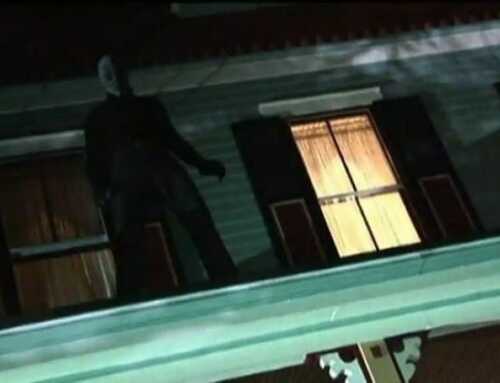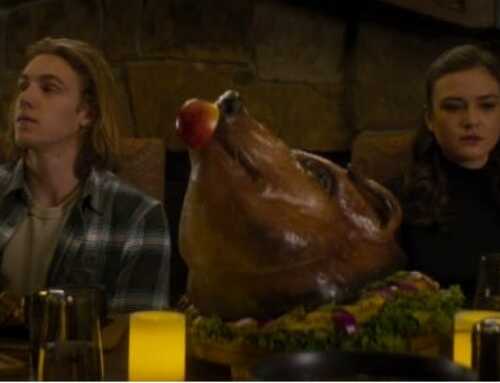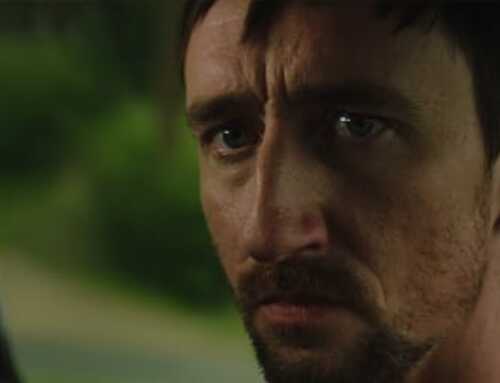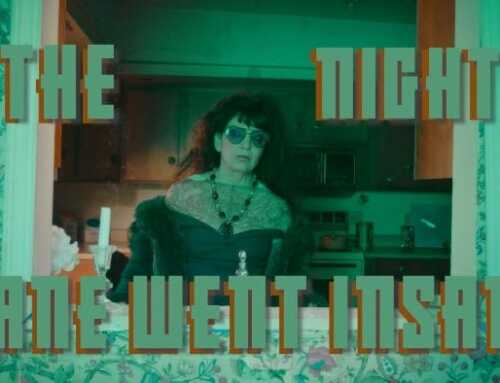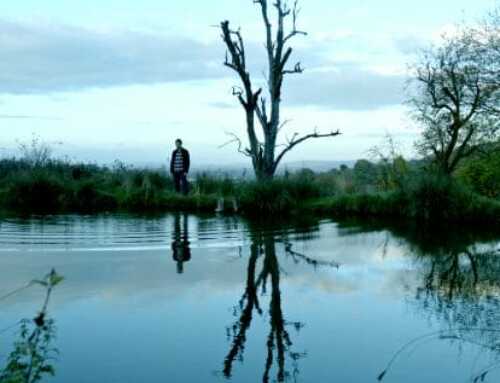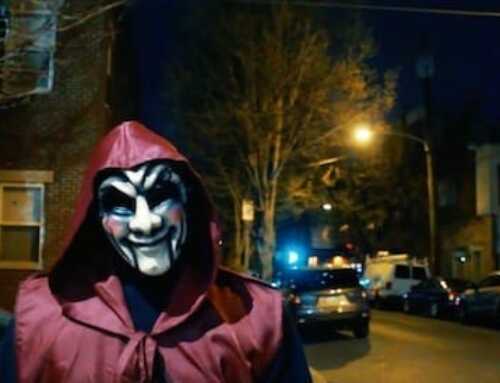Eastern Cemetery in Louisville, Kentucky is the most over buried cemetery in the United States. “Over buried” is probably not a phrase most of us hear too often. Eastern Cemetery is literally overflowing with bodies. You can walk along the aisles of graves and see bones sitting on the ground. Graves are woefully shallow. Bodies are moved, dumped, crowded together. There are hundreds of families who don’t know if their loved ones are still buried in their assigned place, or if they’ve been moved and crammed into another grave. Perhaps most disgusting and insulting of all is the shallow and non-standard infant graves. Literal inches below the ground, in wood boxes rather than encased in concrete, dozens if not hundreds of bodies are left to the will of the elements and the so called “groundskeepers” and “custodians” of the most under protected and under serviced cemetery in the country.
FACING EAST dives into the dark underbelly of what should be sacred – the final resting place of the remains of our loved ones. A combination of court footage and interviews with those impacted, along with interviews with staff of the cemetery, slowly reveal the rise and fall of the “business” of the cemetery. The cemetery is abandoned, even with an operating staff, and a supposed budget being supplied by the state. Unfortunately, residents of Louisville are almost forced to have their loved ones interred there. It’s one of the most affordable cemeteries around, and in a particularly poor area – with relatively high (for modern times) infant mortality rates. Imagine how sickened and saddened the bereaved must feel to find out their loved ones remains or “cremains” are shoved into another gravesite, jumbled together, and in many cases, even individual bones and body parts are separated – so coffin boxes are jumbles of multiple femurs, or skulls, or pelvises, with no defining markers or ways to identify them.
FACING EAST is straightforward, without any kind of sensationalism or drama. The narrative is simple, and it plays like a true crime documentary, without any of the bad reenactment scenes. The cuts between court footage and documents and new interviews keep the story relevant and interesting and keep the viewer invested in a subject most of us wouldn’t even consider let alone feel drawn to. FACING EAST delicately weaves between stark realism and deep humanity as we explore these real life stories of grief.
One thing that FACING EAST struggles with is jumbled and confusing sound design, which continually threw me off as a viewer. The background noise and mixing of multiple vocal tracks, while intentional, meant that I found myself rewinding and trying to hear dialogue. In transitional scenes, which are largely text cards with quotes from the court cases or important people involved with the case, there are multiple dialogue tracks looped together – which creates the feeling that you’re trying to hear someone speak softly to you in a room of people talking loudly. While I do recognize that this was a purposeful choice on the filmmaker’s part it was a negative for me in terms of my viewing experience.
FACING EAST sheds light on an important and personal subject — a subject we will all face eventually — and begs the question – how many cemeteries face the exact same problems, and what are the odds this is happening all over the place and none of us know it?
Friends of Eastern Cemetery (the non-profit that is trying to right this grievous wrong) can be found at https://friendsofeasterncemetery.com
| FACING EAST | ||
| RATING: | UR | Facing East - Trailer |
| Runtime: | 1 hr 30 Mins. | |
| Directed By: |
Tommy Baker
|
|
| Written By: |
Tommy Baker
|
|


